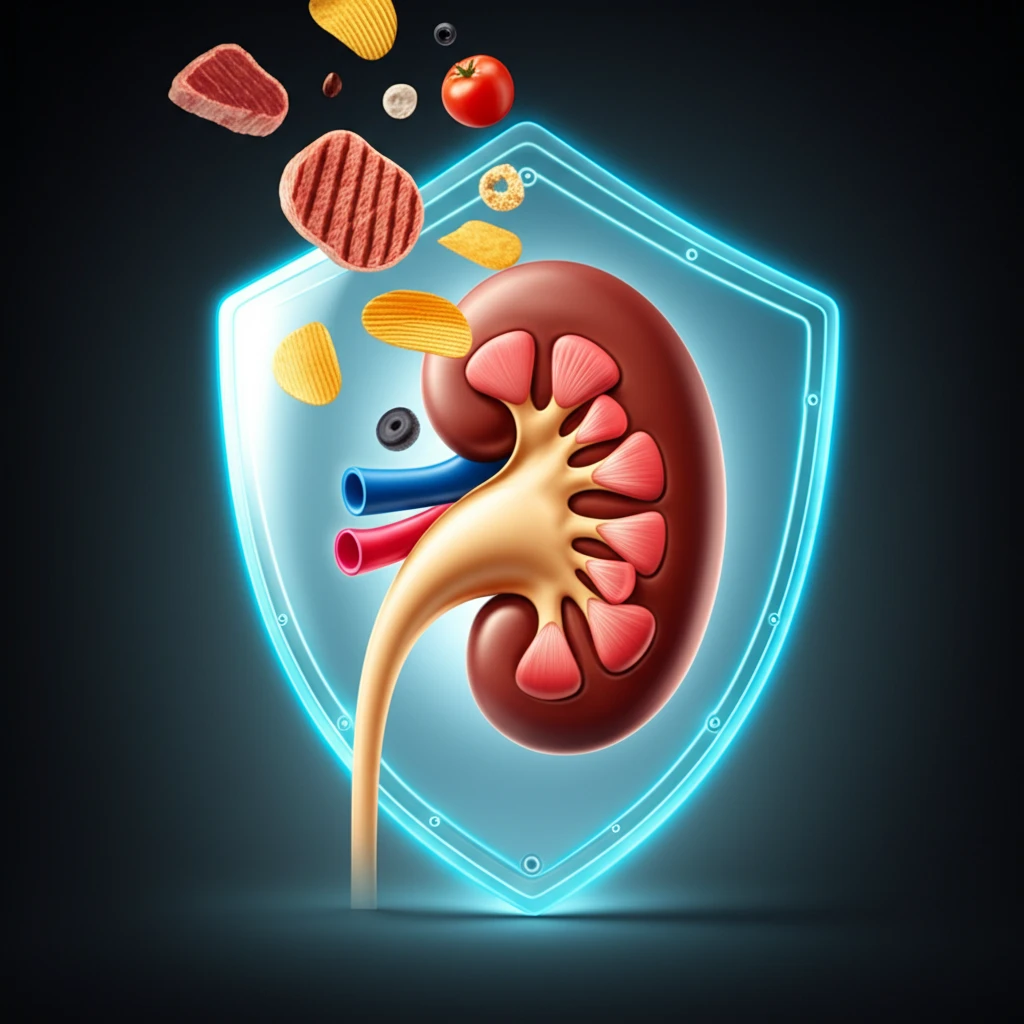
Kidney Health: Could a Common Compound Be a Hidden Danger?
"New research suggests that methylglyoxal, a compound often found in food, could be a prognostic factor in chronic kidney disease. Learn how to protect your kidneys."
The kidneys are unsung heroes of our bodies, working tirelessly to filter waste, regulate blood pressure, and maintain overall health. But as we navigate the complexities of modern life, our kidneys face increasing challenges. From unhealthy diets to environmental toxins, these vital organs are constantly under pressure. Recent research sheds light on a potential hidden danger that might be lurking in our food: methylglyoxal (MG).
This compound, formed through the breakdown of sugars and proteins, has been linked to several health concerns. While MG occurs naturally in various foods, its presence in high concentrations may pose a risk, especially for those with chronic kidney disease (CKD). This article explores the latest research on MG and its impact on kidney health, offering actionable insights to help you protect your kidneys.
This exploration is more than just a discussion of medical findings; it is a proactive call to action. By understanding the potential risks associated with MG, we can make informed choices that support kidney health and overall well-being. We will explore the science behind MG, its connection to CKD, and practical strategies to safeguard your health.
The Methylglyoxal Mystery: What is It and Why Should You Care?

Methylglyoxal (MG) is a dicarbonyl compound that forms during the breakdown of glucose and proteins. It is found naturally in various foods and is a byproduct of the Maillard reaction, the same process that gives grilled foods their appealing color and flavor. While MG is present in everyday foods, its levels can vary significantly. Exposure to high levels of MG can be a cause of concern.
- Food Sources: MG is present in various foods, especially those that have been processed or heated.
- Maillard Reaction: High levels of MG is a byproduct of this reaction.
- Health Implications: MG has been linked to oxidative stress and inflammation.
- Kidney Health: Emerging research suggests a connection to adverse outcomes in CKD.
Take Control of Your Kidney Health
The information presented here underscores the importance of proactive health management and informed dietary choices. By being aware of the potential risks associated with methylglyoxal, you can take steps to protect your kidney health. Consult with your healthcare provider for personalized advice and incorporate kidney-friendly practices into your daily routine. Remember, your kidneys are vital, and taking care of them is an investment in your long-term health and well-being.
